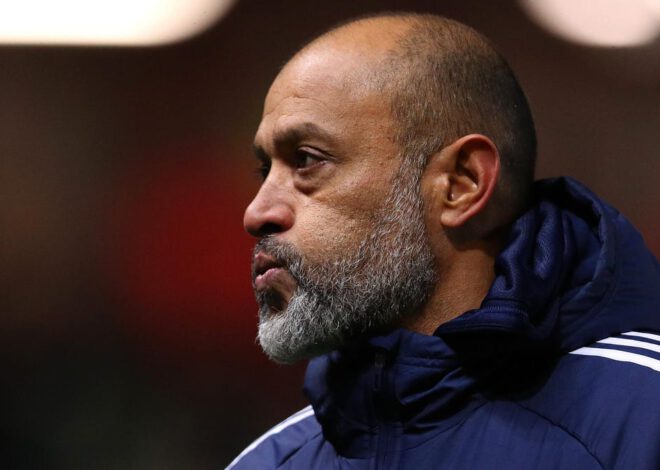
Abigail Seldin On College Abacus and Diversity In Tech
 Image used with permission by copyright holderWhen building our arsenal to face some of our country’s (and the world’s) most pressing problems, education stands as the most powerful weapon at our disposal. While the importance of access to information and the dissemination of knowledge as a whole has been widely recognized as a necessity, creating the infrastructure needed to actually make good upon these goals is often lacking. This seems particularly true when considering women in technology, whose lacking presence in the industry is often blamed upon a late introduction to the field or a lack of resources early on. So to address some of these problems, Abigail Seldin and her team of power women at Innovation Lab who are working to make college more affordable through the power of consumer tech.
Image used with permission by copyright holderWhen building our arsenal to face some of our country’s (and the world’s) most pressing problems, education stands as the most powerful weapon at our disposal. While the importance of access to information and the dissemination of knowledge as a whole has been widely recognized as a necessity, creating the infrastructure needed to actually make good upon these goals is often lacking. This seems particularly true when considering women in technology, whose lacking presence in the industry is often blamed upon a late introduction to the field or a lack of resources early on. So to address some of these problems, Abigail Seldin and her team of power women at Innovation Lab who are working to make college more affordable through the power of consumer tech.
At the forefront of their efforts is College Abacus, a free online tool made possible by the nonprofit education entity ECMC. By giving prospective college students and their families deeper insights into the true cost of institutions, Seldin told me via email that she feels her team has created “the Kayak.com of college financial aid.” The tool calculates its results based off the net prices of over 5,100 colleges across the U.S., allowing rising college freshmen to “calculate and compare their individualized financial aid options across schools all in one place, all at one time.” More impressive still, Seldin’s tool is the only one “to access the net price calculators of schools directly and is one of only a few tools to integrate data from the White House’s College Scorecard initiative released this fall.”
Seldin recognized the need for such a resource after speaking with her mother-in-law, who serves a university president and has thus seen firsthand the “incredible stress and anxiety” families of first-year students face, especially when financial aid is a serious consideration. Today, Americans collective owe over $1.3 trillion in student loan debt and college tuition is around 12 times higher than it was a single generation ago, Seldin points out, creating an even more pronounced need for a platform like College Abacus.
“Higher education has always been a ladder to economic opportunity in America, and that’s especially true today,” Seldin told me. “Though there is a lot of chatter about the value of a college education, we know that the majority of American employers now require a college degree.” And although she notes that your major doesn’t have to translate directly to your career path, she adds, “… you do need to be able to understand the world around you and think both creatively and critically.”
“Women in particular can use credentials to break down preconceptions around competence that can prevent them from advancing professionally,” she continued. “Even in our digital age, these biases continue to manifest and hold many women back, and a strong track record that includes education serves as both an important “offense” to help open doors and a critical “defense” to keep them from closing.”
As a female entrepreneur, Seldin has often come across these biases, despite noting that both the “education and access communities are typically more gender-balanced.” Recalling her frustrations around traditional gender roles within her professional career, Seldin said, “At times, some have questioned the substantiveness of my role in the company compared to that of my husband — and College Abacus co-founder — even after I began leading College Abacus full-time and he kept his day job.” But considering the incredible women with which Seldin is surrounded on a daily basis, she says that she’s “both hopeful and optimistic that these dynamics will continue to equilibrate over time.”
Surrounding herself with a diverse crowd, however, is a conscious decision on Seldin’s part. Noting that it’s “critical for all employers to promote diversity in their staff,” the entrepreneur believes, “Not only does it make for a better workplace culture and often a better product, it’s a signal to your users that you care about and understand their own diverse needs and perspectives.” Ultimately, catering to a homogenous user group is simply an unstrategic decision, Seldin says. “I think there’s a growing acknowledgement that successful companies employ people who are similar to their target users.”
Particularly as it pertains to College Abacus, the co-founder points out that having diverse backgrounds and perspectives around the table have been instrumental in understanding the issue at hand. Indeed, without her multifaceted team, many of the innovative solutions College Abacus has pushed forward may not have been possible.
So for the young women looking to create meaningful startups of their own, what advice does Seldin have to offer? “First,” she says, “identify a problem that no one is addressing effectively and come up with a way to solve it.” Second, “define what success means to you. Success isn’t necessarily about attaining a $1 billion valuation; it could mean achieving a stable business, completing a quick exit, generating strong returns for your investors or delivering a consistent and quality product to your users.” And last but not least, Seldin says, be sure to stress test a new idea. Imperative to a young company’s success, she says, is understanding “the potential vulnerabilities in their plans while they still have the time and available resources to address them.”
So young ladies, get yourself to college with College Abacus, and then follow Abigail Seldin’s road all the way to the top.


